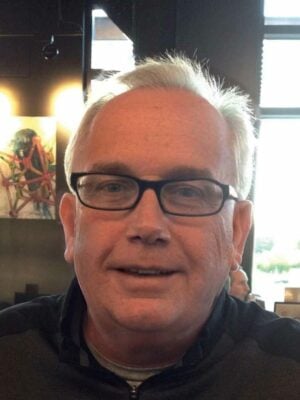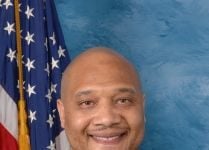For many veterans, transitioning from military to civilian life is not just about finding a job; it’s about being seen and valued for the skills they bring to the table.
Unfortunately, a significant disconnect exists between military experience and civilian hiring practices. Recruiters and HR professionals often struggle to translate military roles into corporate job qualifications, leaving veterans underemployed or overlooked entirely. While the problem has been identified, the real challenge lies in solving it.
One of the biggest obstacles veterans face is recruiters simply do not understand military experience. The military is full of roles, logistics, operations, intelligence, that have direct civilian counterparts, yet the terminology differs significantly. A military logistician who has coordinated the movement of thousands of troops and millions of dollars in equipment may not be recognized as a qualified project manager simply because they lack a specific civilian certification, like a PMP.
Additionally, recruiters tend to seek “perfect fits” for job descriptions. This rigid approach disadvantages veterans whose backgrounds don’t align perfectly on paper, even though their leadership, problem-solving and crisis-management skills often make them exceptional employees.
Beyond a lack of understanding, there are also biases — some conscious and some not — that can work against veterans. Some recruiters wrongly assume that veterans are rigid, overly authoritative or struggle with mental health issues like PTSD. However, statistics from the Department of Veterans Affairs show that PTSD affects about 7% of veterans, compared to 6% of the general population, hardly a dramatic difference. Meanwhile, the discipline, teamwork and adaptability ingrained in military service are often overlooked.
There’s also a financial incentive at play. Recruiters are often paid commissions, sometimes as much as 30% of a new hire’s first-year salary. Faced with a stack of resumes, it’s far easier to move forward with candidates whose qualifications immediately match the job description rather than take the time to decode military experience. As a result, veteran resumes often end up in the rejection pile simply because they require more effort to interpret.
On the other side of the equation, veterans face unique challenges in adapting to civilian hiring practices. For one, they often lack professional networks in the corporate world. While civilians build industry connections over time, service members spend years in an environment where career advancement is based on rank and performance rather than personal connections.
Veterans may also struggle with salary negotiations, a completely foreign concept in the military, where pay is determined by rank and service length. Many, like Brian Evans, our Director of Outreach and Partnerships at INvets, find themselves caught off guard when asked about salary expectations in a job interview. The result? Many veterans end up undervaluing themselves, accepting roles far below their skill level.
Another major issue is the civilian certification process. A colonel with decades of logistics experience may be turned away from a project management position simply because they lack a civilian credential. This rigid focus on certifications over real-world experience not only hurts veterans but also deprives companies of highly capable employees.
Addressing these challenges requires a multifaceted approach. Employers must be educated on how military roles translate to civilian jobs, working with organizations like INvets to develop hiring guides. Veterans need access to skill translation tools, mentorship programs and resources like the Military Skills Translator to navigate job searches effectively. Improving credentialing through public-private collaboration and funding certification programs can help veterans meet employer expectations.
Companies should adopt skills-based hiring practices and use “veteran-preferred” language in job postings to encourage applications. Raising awareness through success stories can break stereotypes, while job fairs and industry networking events can connect veterans with professionals in their fields.
As the CEO of INvets, I have a unique opportunity to spearhead solutions to these issues. By launching targeted workshops for employers and veterans, leveraging data to highlight where veterans excel, and advocating for policy changes, INvets can be a powerful force in closing the civilian-military hiring gap.
Bridging this divide isn’t just about helping veterans; it’s about strengthening our workforce with skilled, disciplined and adaptable leaders. Companies that fail to recognize the potential of veterans are missing out on some of the best talent available. It’s time to change that.
Sarah Harrison is the CEO of INvets.




